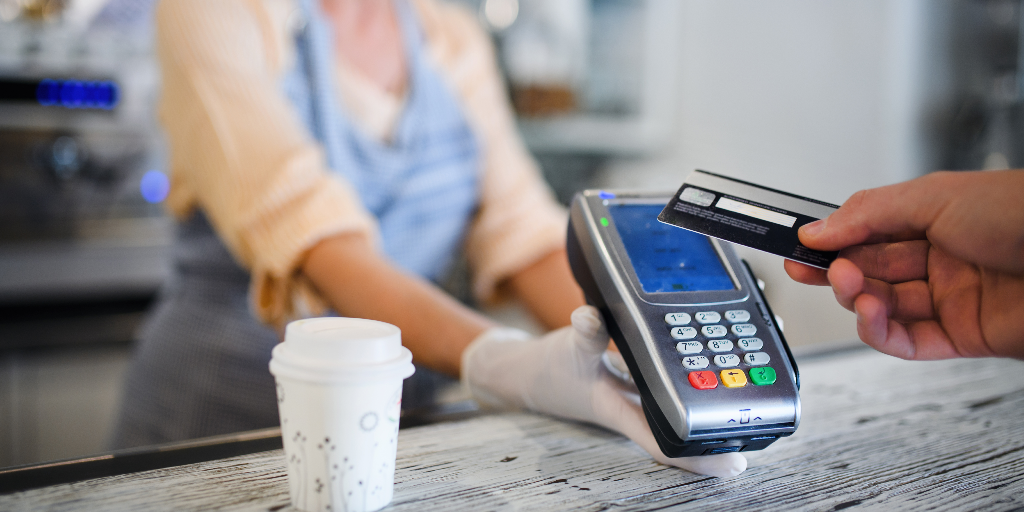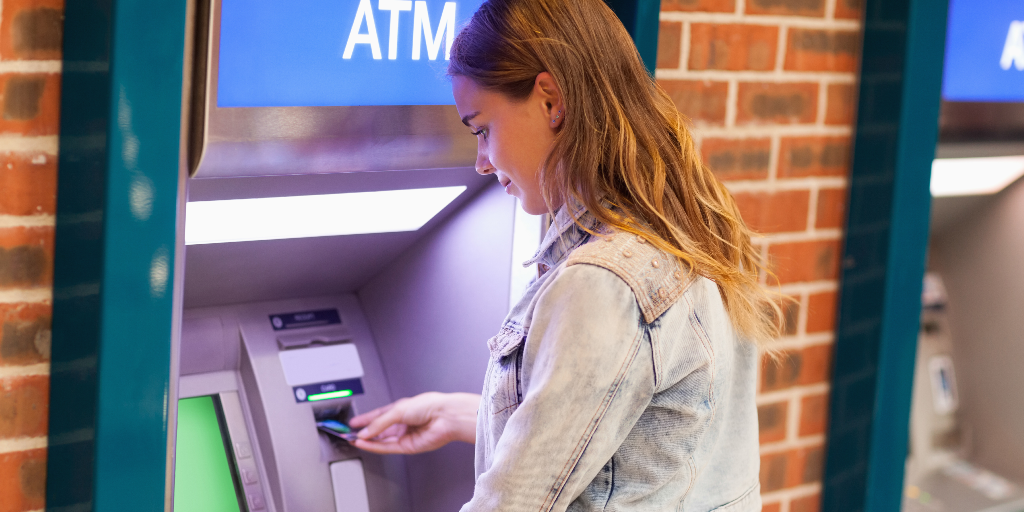Can My Debit Card Usage Affect My Credit Score?

- Debit cards are not a form of credit, so whenever you swipe your debit card, it won’t be reported to the three major credit bureaus.
- A debit card is a type of payment card that allows you to make secure and simple online and in-person purchases.
- A debit card only allows you to spend and withdraw money that is in your bank account.
What is a Debit Card?
A debit card is a type of payment card that allows you to make secure and simple online and in-person purchases by drawing funds directly from your checking account. Typically, what you have in your bank account is what you can spend. It is also used to withdraw cash from an automated teller machine, also known as an ATM.
Debit cards look like credit cards, but they function differently. Due to their similarities in looks, many people can get confused about how a debit card and a credit card work. The funds from a debit card are tied to your bank account, and the funds from a credit card are borrowed from the credit card company.
Your debit card funds reflect the money you deposit into your bank account. However, with a credit card, with responsible spending over time, you can gain access to more (borrowed) money, known as a credit limit increase.
How Debit Cards Work
When you first open a bank account, you will have a debit card that is linked directly to it. You can begin using the card once your account has been activated and you deposit funds.
Once the card is activated, your bank or credit union will issue you a four-digit personal identification number, also commonly known as a PIN number. You can keep the PIN number given to you or change it to a four-digit number of your choice.
To use a debit card, a pin number is required. It is set up as a security measure if someone steals your debit card and tries to swipe it without your knowledge. Hence, your pin number should be a number only you will know, can easily remember, and should never be shared.
Recommended Read: How to Make Money Moves with a CapWay Debit Card
Can My Debit Card Usage Affect My Credit Score?
A debit card is similar to using cash to pay for goods or services, except it is in plastic form. So, using a debit card for everyday purchases does not affect your credit score. Your debit card will be declined if there isn’t enough money in your checking account to cover your purchase.

Banks and credit unions offer overdraft protection if you don’t have enough money to cover your purchase. However, you will be charged a fee on top of the purchases you make. The total amount should be repaid to your bank as soon as possible.
Though debit card usage may not affect your credit score, overdraft fees can negatively affect your credit score if left unpaid. In addition, if you don’t pay back the amount owed to your bank, it will go into collections.
An overdraft collections charge will show on your credit report as delinquent. These collections charges can decrease your credit score and typically stay on your credit report for seven years.
While debit card usage does not directly affect your credit score, reckless spending can result in bank account closures and delinquencies on your credit report.
How Debit Cards Differ From Credit Cards
Credit Cards
When you use a credit card, you will receive a bill each month called a billing statement. If the amount isn’t paid in full, interest charges will accrue on the overall bill. The credit card company reports your monthly payments to the three major credit bureaus. Depending on whether or not you pay your bill, your credit score can decrease or increase.
Debit Cards
In comparison to credit cards, debit cards can be more convenient to use. Debit cards also do not come with the responsibility of having to make a payment each month after you use them.
When you use a debit card, the money is instantly deducted from your account. There is no monthly bill or interest charges that will accrue. Banks or credit unions do not report your debit card activity to credit bureaus.
Recommended Read: Secured vs. Unsecured Credit Card
When To Use Cash or Debit
Why Do People Carry Around Cash?
Many people carry cash as a way to limit their spending. Those who tend to overspend will frequently use their debit card without a second thought. However, when carrying cash, it's gone after you spend it all, and there is nothing else to pull from.
When Should I Use My Debit Card?
One of the most convenient times to use your debit card is when you need to make an online purchase. For example, you can’t pay cash for subscriptions like Netflix or Spotify, so your debit card comes in handy when you want to watch a new show on Netflix or listen to the CapWay Money Music Playlist on Spotify.
Another convenient factor of having a debit card is withdrawing money from the ATM. When using your debit card to withdraw money, the processing fee is usually less than $5 or $10. Also, you can avoid using the ATM and get cash back from the store by using your debit card, which usually has no fee in order to get the cashback.

When To Use Credit
Debit cards have many benefits, and it is possible to live solely with a debit card. But the con to only having a debit card is that you will risk being seen as “credit invisible” to the credit bureaus. Also, should you ever need to make a financed purchase, you will likely need a credit card.
Credit card companies monitor your payment history and report monthly to the credit bureaus. This helps build your credit history over time. Your credit score tells a lender how much of a risk you are when borrowing their money.
In addition to having an adequate income, lenders expect you to have a good credit history when applying for a loan or mortgage. A blend of credit and on-time payments makes up a favorable credit profile.
Recommended Read: What is a Credit Ghost and How to Avoid Being One?
The Money Wrap-Up
An active checking account with a bank or credit union allows you access to a debit card. A debit card gives you access to quick cash from the ATM and is convenient when purchasing goods or services. When swiped, your available amount reflects the amount to which the debit card is linked.
Credit cards can help you build your credit score when it’s used responsibly. Another perk to using a credit card is that it may come with added benefits like cashback rewards, travel rewards, and warranties on certain purchases.
There are pros and cons to both debit and credit cards. It’s important to understand how to use both cards so that you can have great financial health.